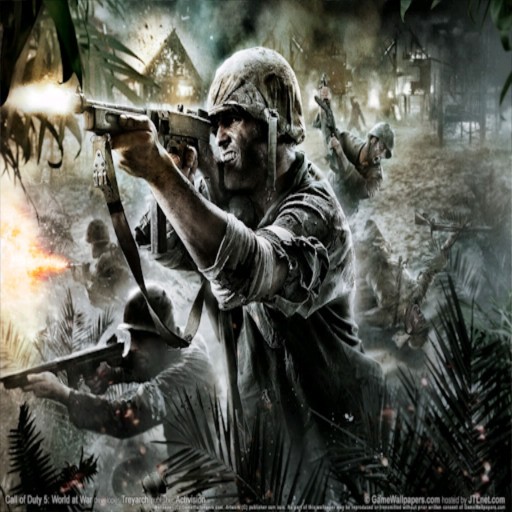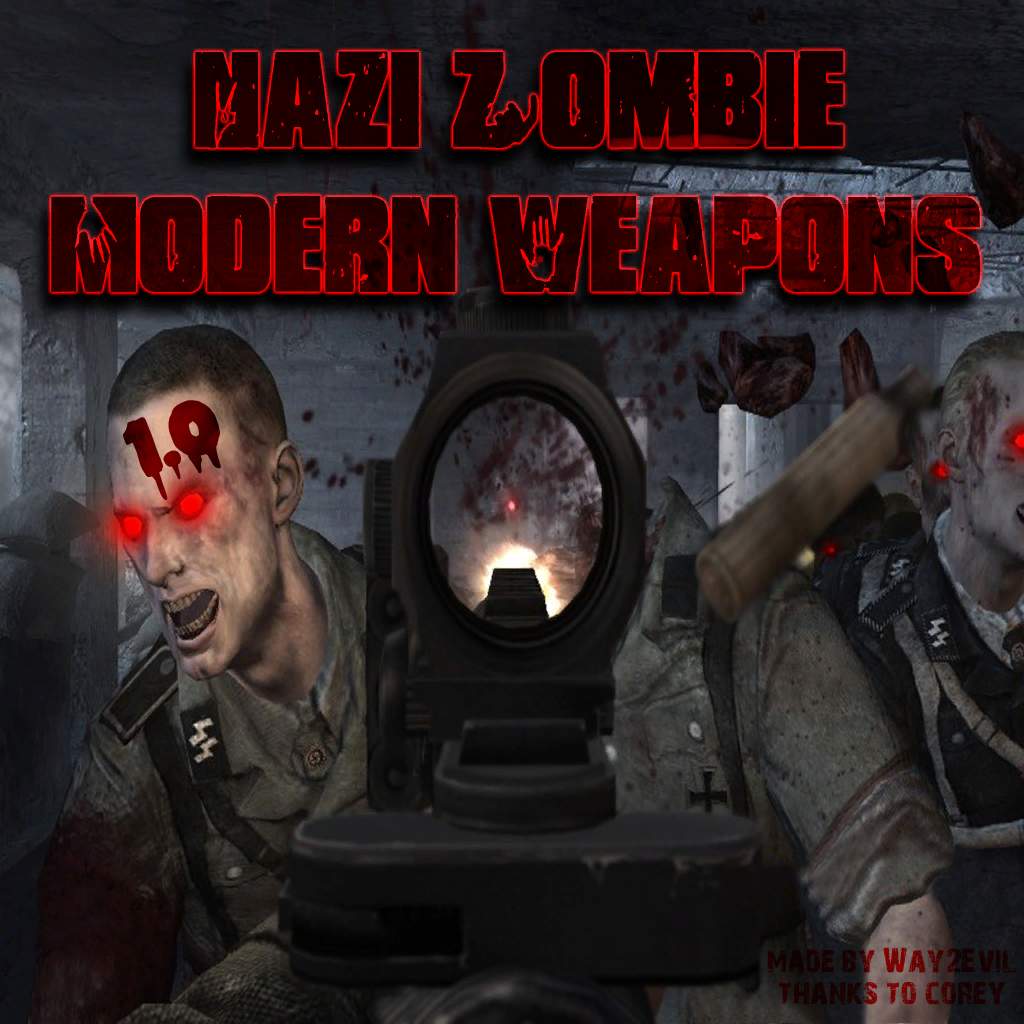
Instead, Lamia said he "calmed down" and played the game. I almost did and it would have been the biggest mistake of my career." "Some felt I needed to make that decision then or jeopardize development of World at War.

"As studio head the classic management thing would have been to insist that the team stop getting distracted and to focus on delivering what we were supposed to deliver. "When I first heard about it, I was like 'We're what?'" he said.
Zombies as a genre were clearly already off the radar.  There were expectations they game would be a best seller. Lamia gave a bullet point list of all the reasons this was bad: "Imagine my surprise again when I found this team starting prototyping a Nazi zombie mode, and then finding out people from other departments had starting pitching in to help out." "Imagine my surprise when i learned that a small team had started taking our cooperative work and were prototyping new modes," Lamia said. On top of that, the studio was working with a lot of new technology and design challenges, Lamia said.īy the second year in development, the team was behind schedule, stressed out and crunching hard.Īnd it was from that stew of stress, sky-high expectations and increasingly difficult goals that something unusual happened. We were determined to make a very different Call of Duty, leaning into the darkness of war, making what we would become the grittiest World War II game of the franchise." We wanted World at War to be a turning point in the franchise, we wanted to establish our house style. "We were still struggling to find our voice," he said. It was also a turbulent time in the studio, Lamia said. World at War came on the heels of Call of Duty 4: Modern Warfare, a game that launched the franchise into the modern era. World at War was designed to be a gritty, dark World War II game, the third such one created by Treyarch. In 2008, Treyarch was given their first shot at a two-year development cycle on a Call of Duty game.
There were expectations they game would be a best seller. Lamia gave a bullet point list of all the reasons this was bad: "Imagine my surprise again when I found this team starting prototyping a Nazi zombie mode, and then finding out people from other departments had starting pitching in to help out." "Imagine my surprise when i learned that a small team had started taking our cooperative work and were prototyping new modes," Lamia said. On top of that, the studio was working with a lot of new technology and design challenges, Lamia said.īy the second year in development, the team was behind schedule, stressed out and crunching hard.Īnd it was from that stew of stress, sky-high expectations and increasingly difficult goals that something unusual happened. We were determined to make a very different Call of Duty, leaning into the darkness of war, making what we would become the grittiest World War II game of the franchise." We wanted World at War to be a turning point in the franchise, we wanted to establish our house style. "We were still struggling to find our voice," he said. It was also a turbulent time in the studio, Lamia said. World at War came on the heels of Call of Duty 4: Modern Warfare, a game that launched the franchise into the modern era. World at War was designed to be a gritty, dark World War II game, the third such one created by Treyarch. In 2008, Treyarch was given their first shot at a two-year development cycle on a Call of Duty game. 
The mode bubbled up during the second year of development of 2008's Call of Duty: World at War, during what could only be described as the least opportune time possible. Lamia took to the DICE stage this week to talk about the birth of the-now expected cooperative zombie mode in every release of Call of Duty. "When you think about it, Call of Duty zombies shouldn't exist," said Mark Lamia, the studio head of Treyarch.

It was also almost killed once it was discovered. Call of Duty's infectious take on zombie warfare was "lightning in a bottle," "a signature moment for the franchise," a reinvigorating, beloved bit of surprise development.








 0 kommentar(er)
0 kommentar(er)
